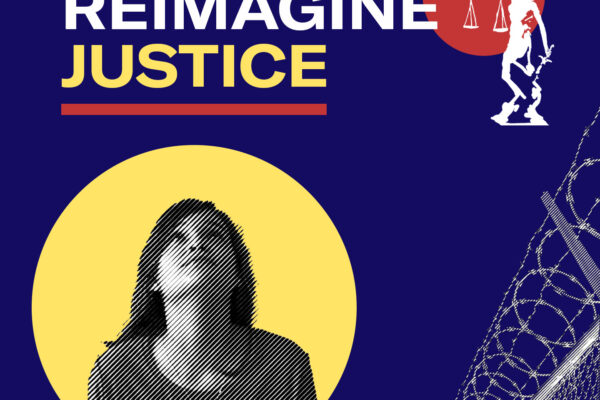ACLU Testimony - HB 2049
- Status: Signed by governor
- Position: Support
- Bill Number: HB 2049
- Latest Update: January 20, 2016

Stay Informed
Sign up to be the first to hear about how to take action.
By completing this form, I agree to receive occasional emails per the terms of the ACLU’s privacy statement.
By completing this form, I agree to receive occasional emails per the terms of the ACLU’s privacy statement.

